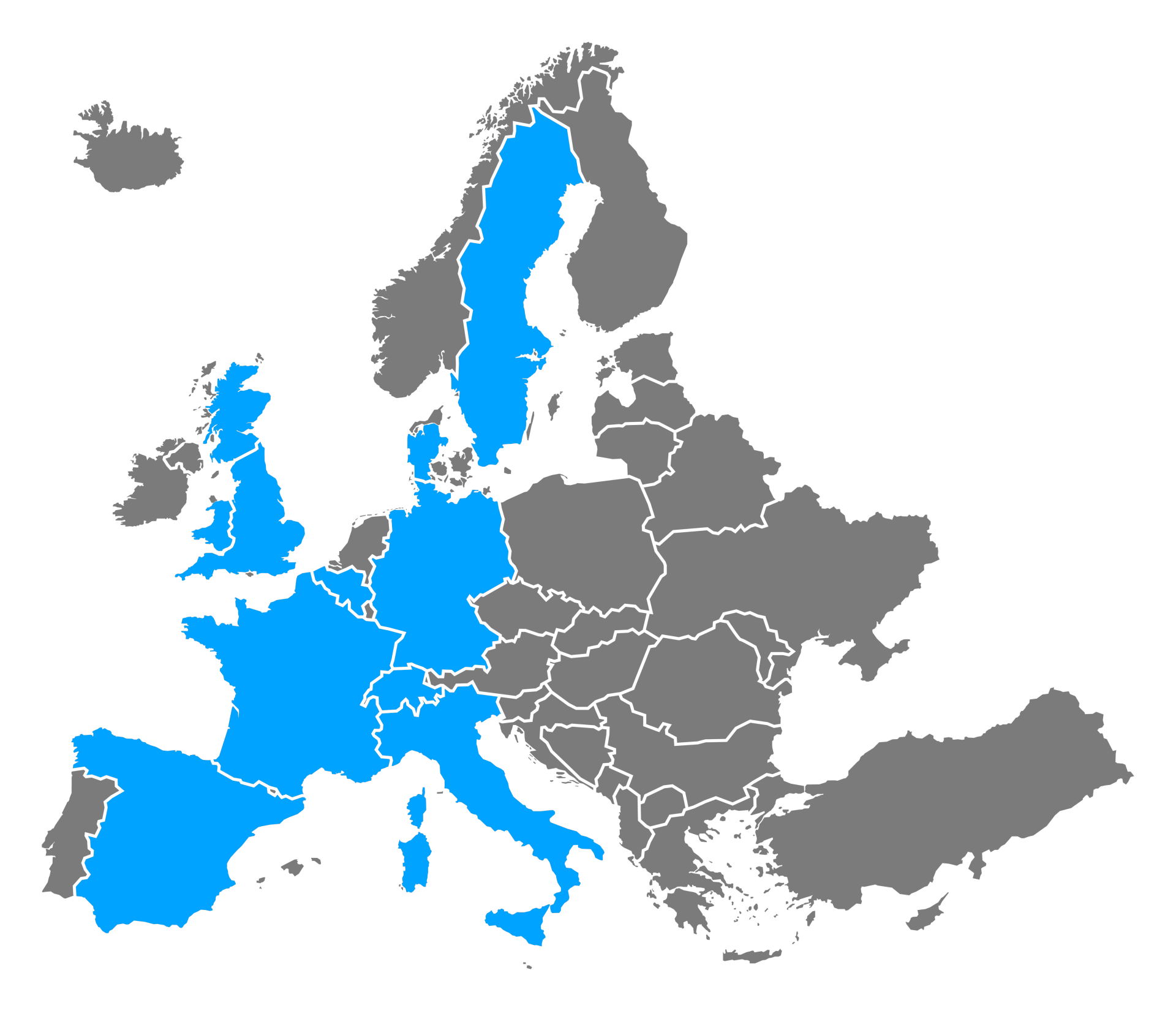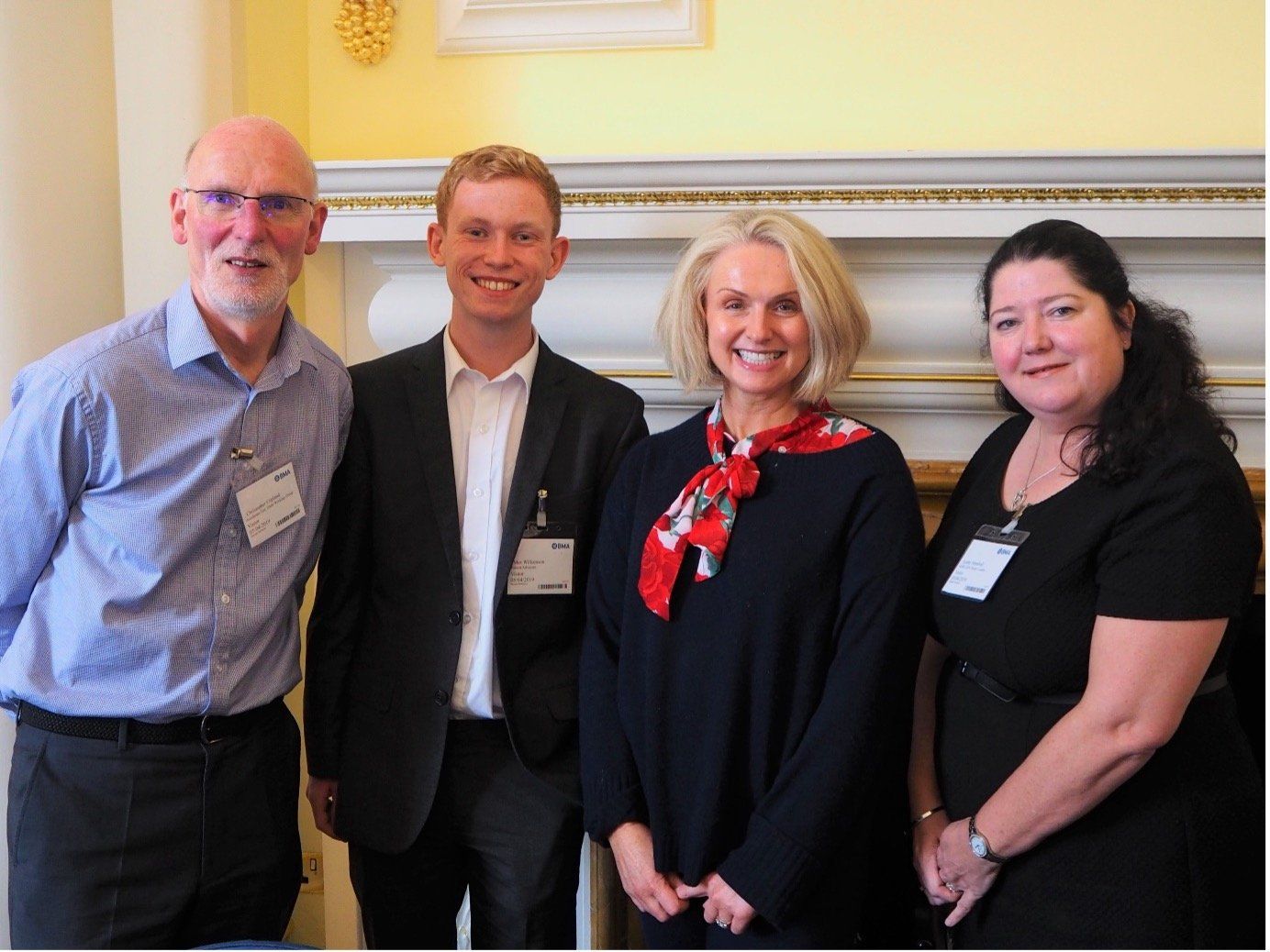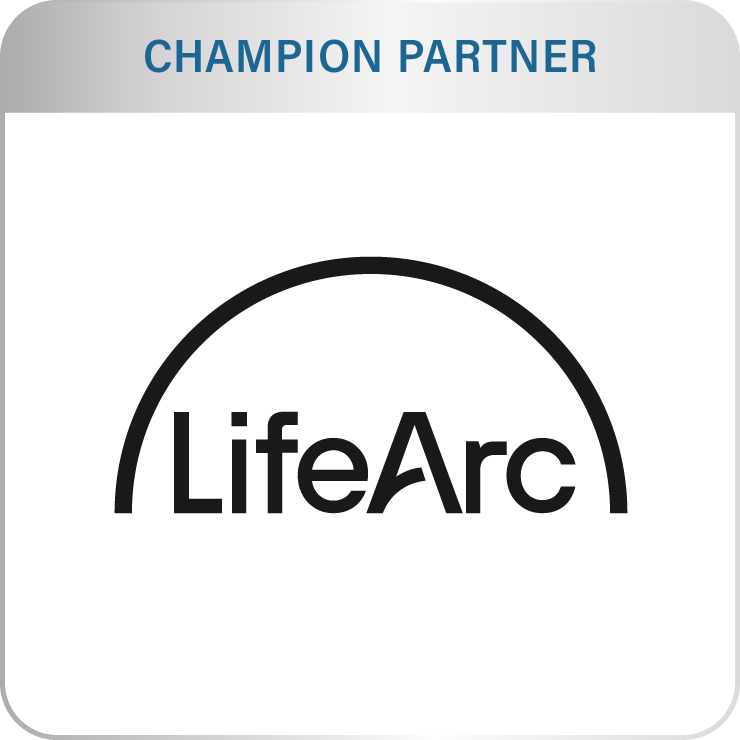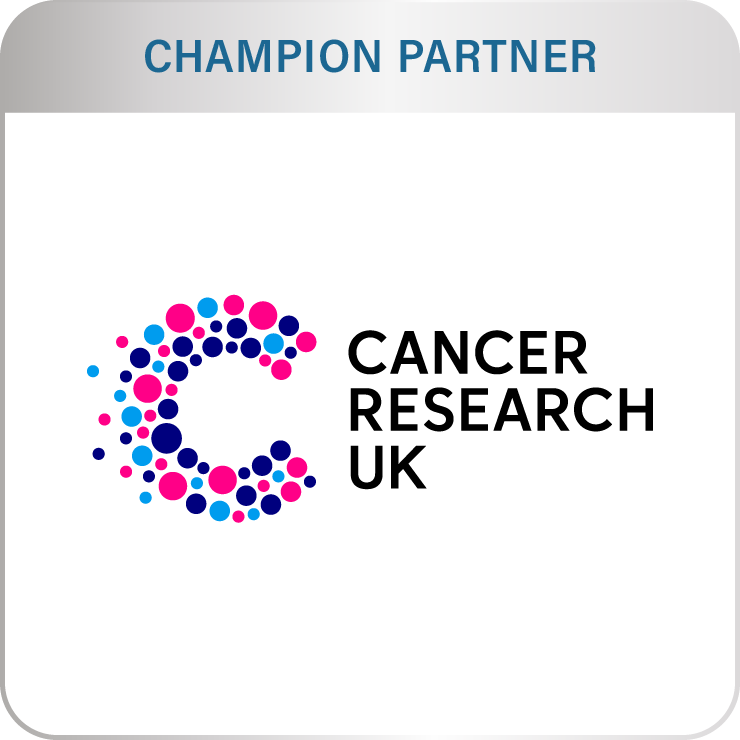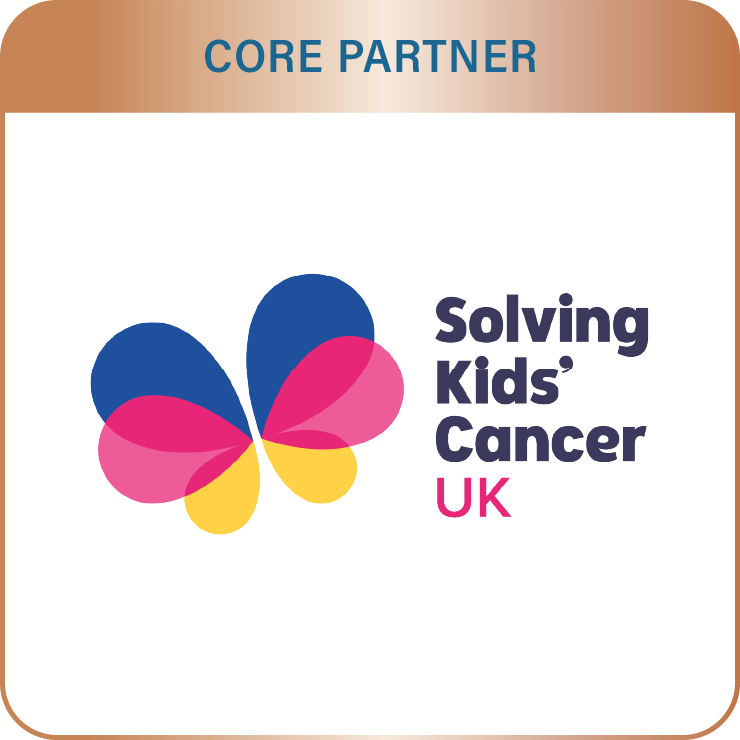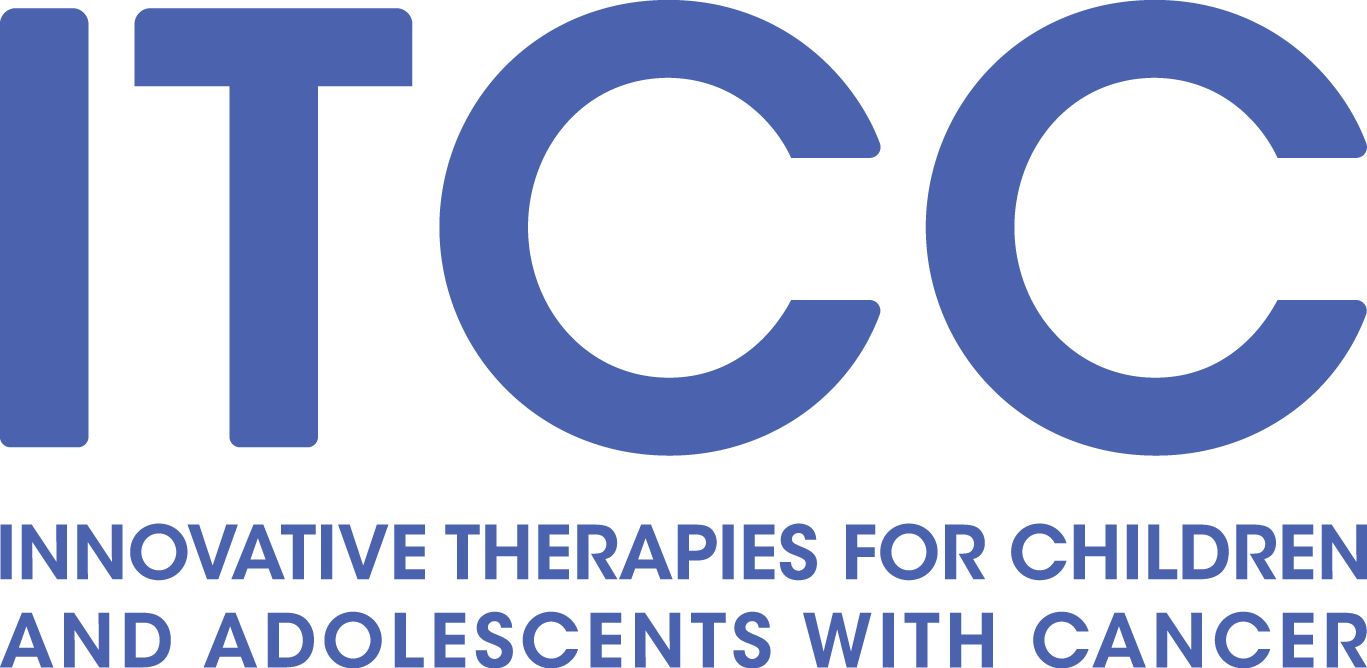Multi-stakeholder support
Paediatric and Medical Oncologists
Fostering Age Inclusive Research (FAIR) Trials for Adolescents & Young Adult
Paediatric and medical oncologists in Europe are transforming the ACCELERATE FAIR Trials initiative into a country by country action plan. They are working together to break the 18 years dogma, despite the fact that countries have different health care structures, early drug development programmes and approaches to AYA population care.
List of AYA Clinical Sites
Patient and Parent advocates
Fostering Age Inclusive Research (FAIR) Trials for Adolescents & Young Adults
Patient and parent advocates play a fundamental role for the success of the FAIR trials initiative. Please find below some useful links:
- Mixed media: Childhood and Adolescent Cancer in the UK Press by Max Williamson (09-07-2018)
- Unite2cure fully supports the ACCELERATE FAIR trials initiative – article by Patricia Blanc (Unite2Cure)
Mariana Coutinho, Portugal
“Personally, I have witnessed how devastating it can be for a teenager to receive the news that they can’t be helped because they don’t meet an age inclusion criteria. A friend of mine, who was diagnosed with rhabdomyosarcoma and was just a few months away from being 18 years old, was denied access to a clinical trial because of his age. I am thrilled to be part of this initiative as a patient advocate and I wish to help shape the dialogue and raise awareness on this very important issue, hoping to encourage the different stakeholders to recognise how not only patients but also the medical and research community can benefit from this more inclusive approach.”
Industry
Fostering Age Inclusive Research (FAIR) Trials for Adolescents & Young Adults
From an industry perspective, the inclusion of adolescent and young adults is an important initiative that allows this patient population access to experimental therapies in a more timely manner than traditional paediatric trials. It is well recognised that adolescent and young adults are often underrepresented in clinical trials and hopefully this is one important step in overcoming this issue.
The inclusion of this patient population can also be important in helping guide paediatric patients most likely to respond to new experimental agents by obtaining early evidence of activity in these children, improving the design and focus of subsequent trials in paediatrics.
Expanding inclusion of these patients into adult trials may also help reduce the economic burden of developing novel treatments by identifying drugs that are not likely to be effective in children, or with toxicity profiles that may be contraindicated in children at a much earlier stage than has been traditionally achieved.
As we expand our knowledge of the important molecular differences between most adult and paediatric tumours, these changes with inclusion of adolescent and young adults into adult trials and comparison of the resultant biology may also provide critical improvement in our underlying understanding of paediatric tumours.
- Bio-pharmaceutical industry letter of support to Fostering Age-Inclusive Research Trials Initiative
- EFPIA - Are You Fair When Designing Your Oncology Trials?
Regulatory
Fostering Age Inclusive Research (FAIR) Trials for Adolescents & Young Adults
Spring 2019 has brought statements of support for age inclusive research from three major international health forums.
The Workshop for Assessors from NCAs (National Competent Authorities) and MRECs (Medical Research Ethics Committees) on paediatric clinical trials had been launched on July 2025 with a strong support for adolescents’ inclusion in adult trials when scientifically justified and harmonisation of interpretation of CTR (Clinical Trials Regulation) Article 32 relative to inclusion of minors in clinical trials, across European countries. There was a clear message to continue the multistakeholder dialogue including regulatory decision makers, ethics committees, investigators, sponsors and patients’ advocates with concrete follow-up actions such as a formal implementation of a collaboration between PDCO (Paediatric Committee) and CTCG (Clinical Trial Coordination Group).
‘The European Medicines Agency (EMA) and its Paediatric Committee (PDCO) follow closely and with great interest the Accelerate’s FAIR (Foster Age-Inclusive Research) initiative… We sincerely appreciate your efforts and hope we can all continue to work together to improve the development of medicines for children with cancer.’
‘The US Food and Drugs Administration recommends the inclusion of adolescent patients in disease- and target-appropriate adult oncology clinical trials to enable earlier access to investigational and approved drugs for adolescent patients with cancer.’
Endorsements
Fostering Age Inclusive Research (FAIR) Trials for Adolescents & Young Adults
‘As part of the responsibility to provide better medicines for children, the European Forum for Good Clinical Practice strongly recommends:
That researchers, regulators, and members of ethics committees weigh the totality of physiologic, pathologic, and other disease specific evidence to consider adolescent inclusion in adult research and vice versa – young adults as an extension population in paediatric/adolescent studies – when relevant as a trial methodology to facilitate earlier access to investigational and approved medicines for adolescent patients.’
Advancing Medicines Development for Adolescents: The EFGCP Children’s Medicines Working Party Adolescent Initiative by Christina Bucci-Rechtweg on behalf of the EFGCP CMWP Adolescent Initiative.

